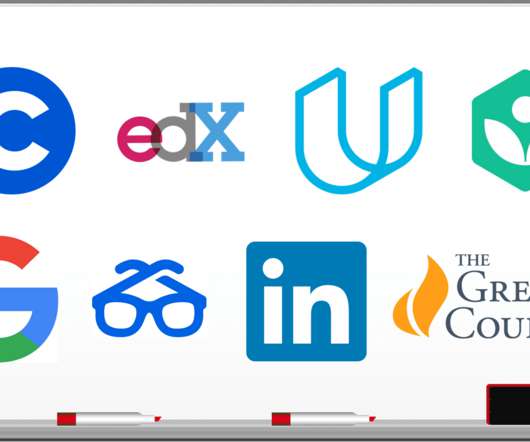Finding Radical Value in Core Competencies
Association Subculture
SEPTEMBER 5, 2013
That was the impetus behind this recent article I wrote for the Midwest Society of Association Executives that was published in their August 2013 issue.). Rising college tuition costs, shrinking numbers of seats, and new technology based delivery systems are combining to create a perfect storm in the adult education world.













Let's personalize your content